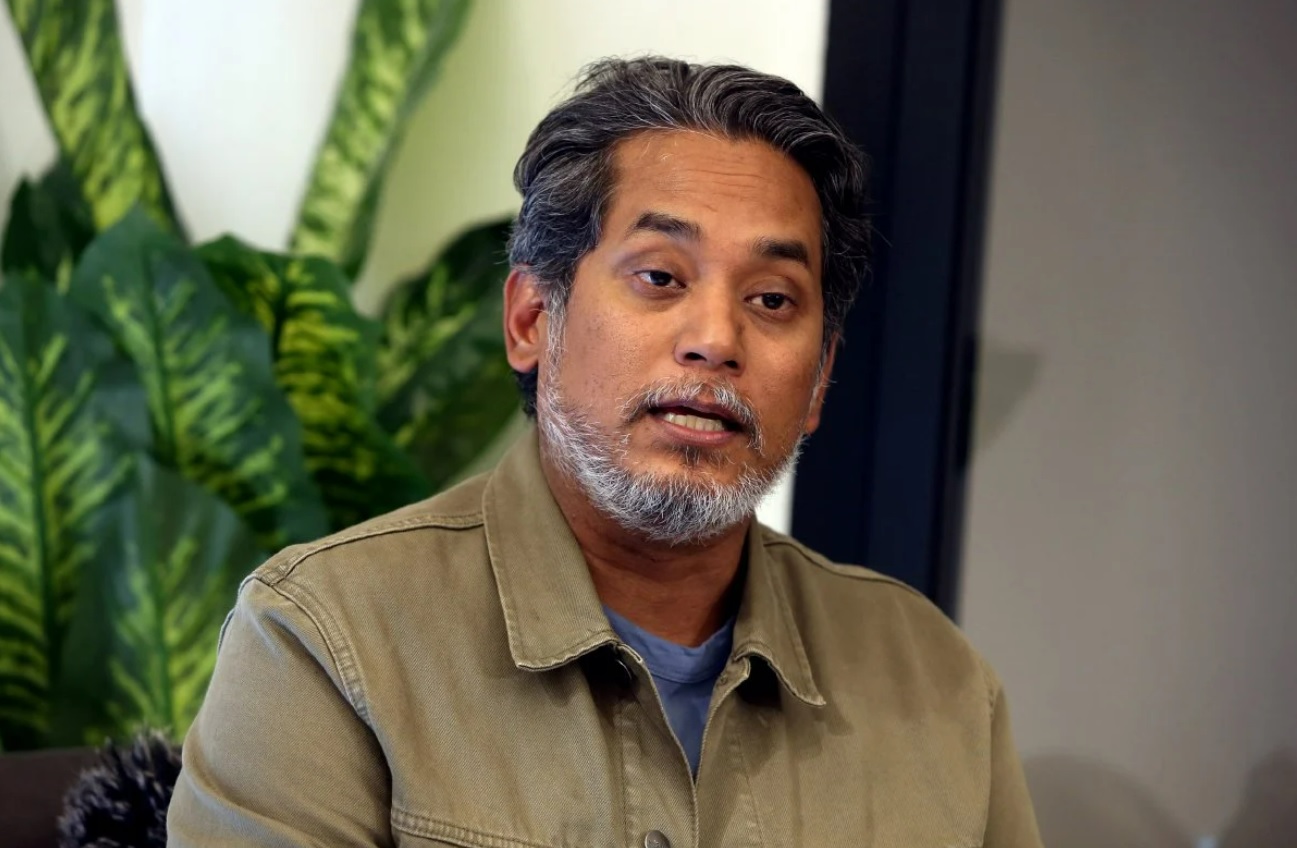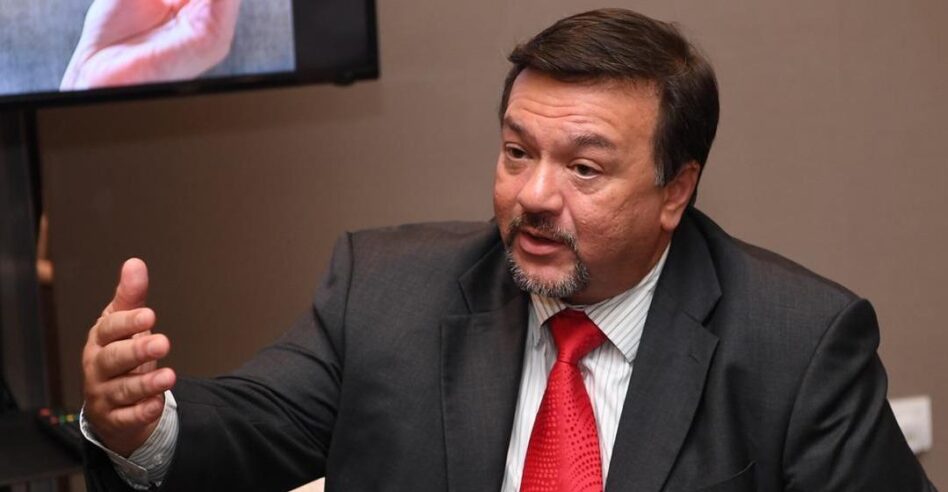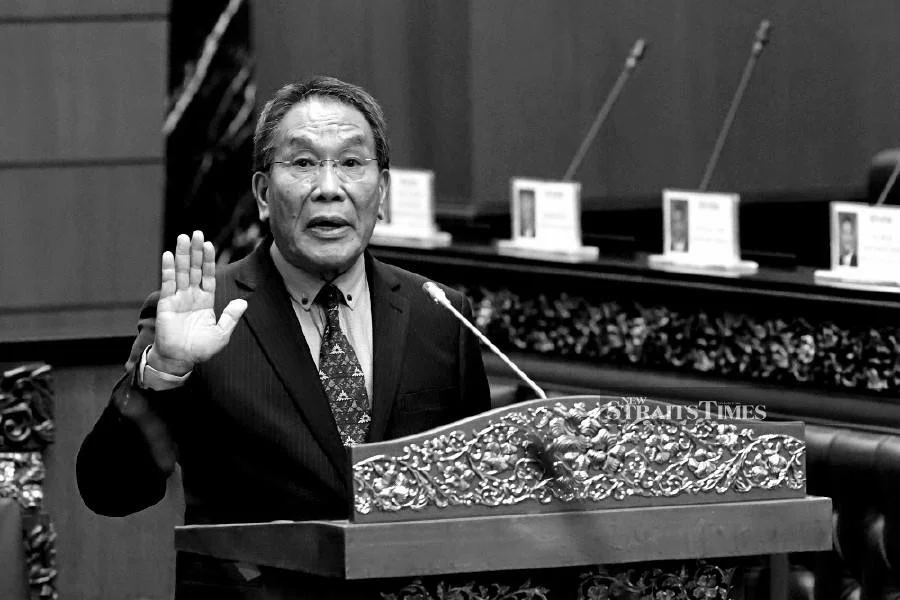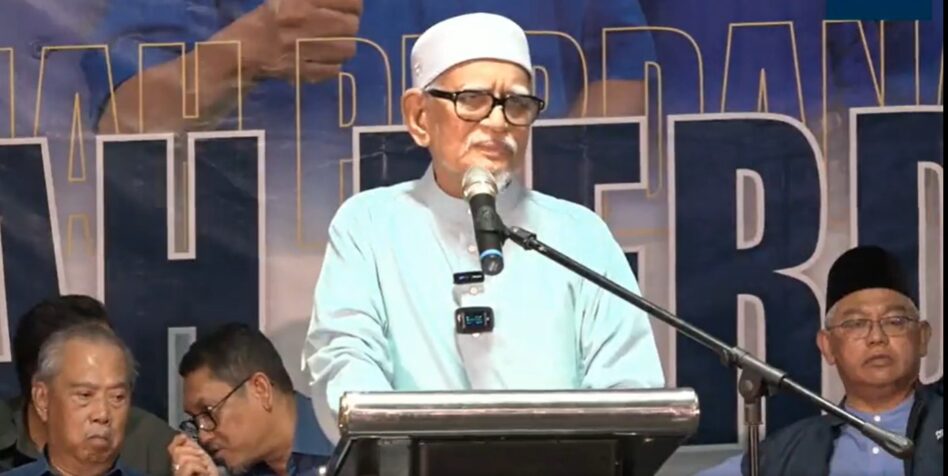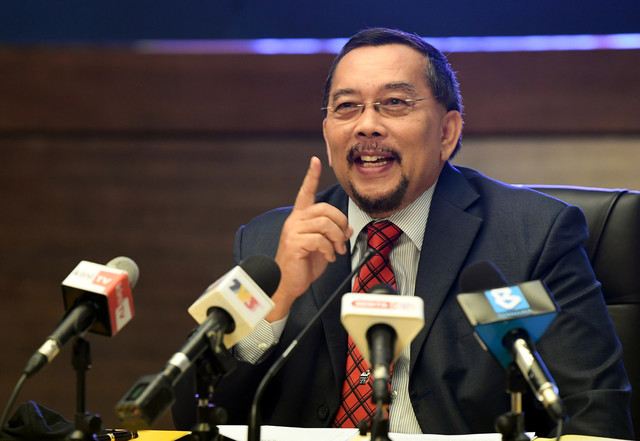THE most important detail to emerge from last weekend’s six state elections is that Prime Minister Datuk Seri Anwar Ibrahim, through the Pakatan Harapan (PH)-Barisan Nasional (BN) alliance, had lost more ground among Malay voters.
According to the former UMNO Youth chief, the recent state polls have ended in a stalemate, at least on the surface, with the PH chairman facing “twin dilemmas” which will “shape Malaysian politics for the next few years”.
“His first dilemma is ideological. Will he stay true to his progressive and reformist platform or will he continue to push back against Perikatan Nasional by introducing more conservative policies?” Khairy wrote in an article on Singaporean portal Fulcrum.
“His base has reacted to the election results by urging Anwar to stop pandering to the ‘Malay right’ and focus on growing the economy, introducing reforms and championing multiculturalism.
“But with such a strong rebuke from Malay voters yet again, Anwar could be tempted to play it both ways: continue with ethnocentric overtures and programmes, and at the same time, hope the economy improves for ordinary Malaysians.”
On Anwar’s political dilemma, Khairy noted that UMNO, which the Prime Minister had hoped could put up a fight against Perikatan Nasional (PN) in the Malay heartland, had “failed miserably”, winning a paltry 19 of the 108 seats contested.
“If UMNO fails to reform by, amongst other things, removing its deeply unpopular president, Anwar faces an important strategic decision.
“He could stick to the current path and head into the next general elections by working with UMNO and even consider recommending a Royal Pardon for former prime minister Datuk Seri Najib Razak who retains considerable support within the party.”
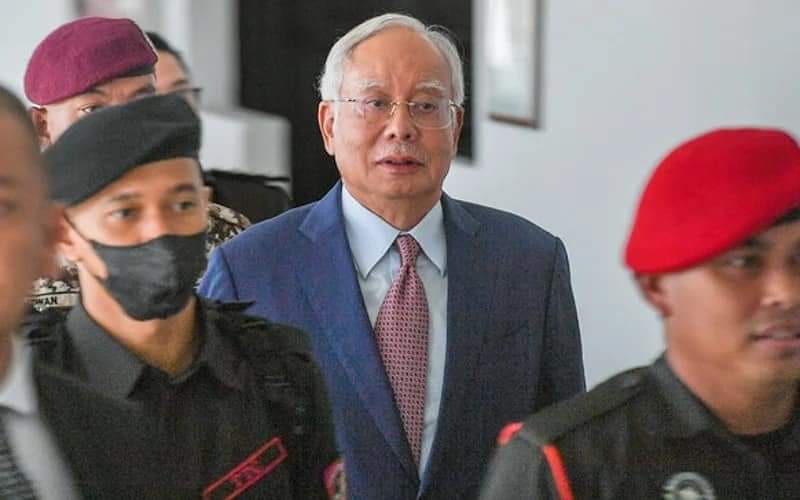
Alternatively, Khairy opined that Anwar could explore parting ways with UMNO and adopting other options.
“He could battle for Malay votes by enhancing PKR’s appeal to the demographic segment or leverage more on coalition partner Amanah, which scored a surprise victory in one seat in Kelantan,” he added.
The last option, said the former health minister, is to reach out to the Tan Sri Muhyiddin Yassin-led Bersatu, which is a key party in the Perikatan Nasional (PN) coalition.
“While this option might as yet be unthinkable, stranger things have happened in Malaysian politics before, most recently PH’s unlikely pairing with UMNO,” he remarked.
“The horns of these dilemmas will certainly weigh on Malaysia’s prime minister and his government in the next few years.”
Regaining Malay votes
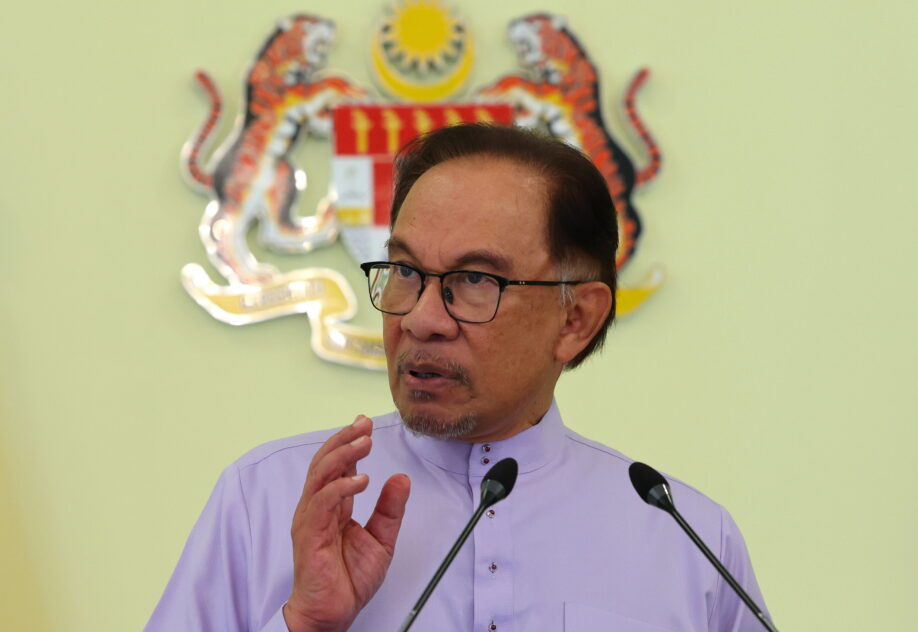
The former Rembau MP also weighed in on possible reasons behind Anwar’s desperation to “claw back Malay votes” following a dismal showing in that demographic during last year’s general election (GE15).
He said this has led to PN playing up issues of race, religion and royalty (3R) with a clear subtext directed at the Prime Minister being weak on these issues because he relies on support from non-Malay voters.
“As a result, Anwar spent the last few months before the state elections burnishing his Malay-Muslim credentials, conferring with Islamic scholars and clerics, criss-crossing the Malay belt states announcing various assistance programmes and even allowing his government to criminalise wearers and sellers of rainbow-coloured watches, which is a common symbol of the LGBT movement,” Khairy asserted.
He further cited provisional data released by ISEAS Visiting Senior Fellow Dr Ong Kian Ming, which revealed that in Kedah, Malay support for PN had increased from 67% during GE15 to 83% in the recent state election.
Crucially, in Selangor, arguably PH’s most important stronghold, Malay support for PN shot up to 73% from 49% during GE15.
“Early analysis suggests that these gains for PN have largely come from Malay voters. These voters, who had backed UMNO previously, transferred their support to the opposition coalition instead of either UMNO or PH,” Khairy wrote.
He said there are many possible reasons for this, with the first being Malay voter rejection of UMNO working with PH which has the Chinese-dominated DAP as one of its component parties.
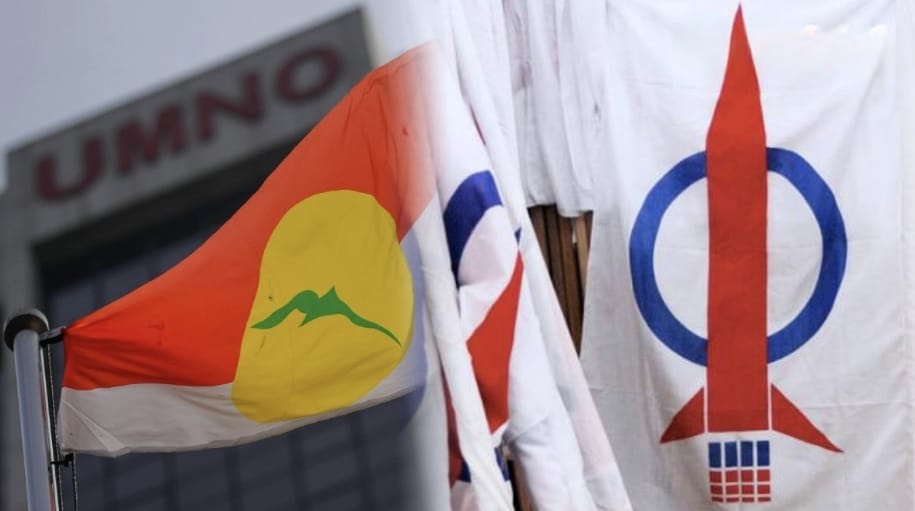
“UMNO has long demonised DAP as being anti-Malay and anti-Islam and is now ironically paying an electoral price for working with the party,” Khairy reckoned.
“Second, UMNO’s president and current deputy prime minister Datuk Seri Ahmad Zahid Hamidi, continues to repel Malay voters who find PH hypocritical for working with the UMNO chief who is confronting multiple corruption charges.
“Third, PN excelled at weaving a narrative that combined economic fears with 3R insecurities to tip Malay support their way.” – Aug 17, 2023
Main pic credit: Harian Metro


